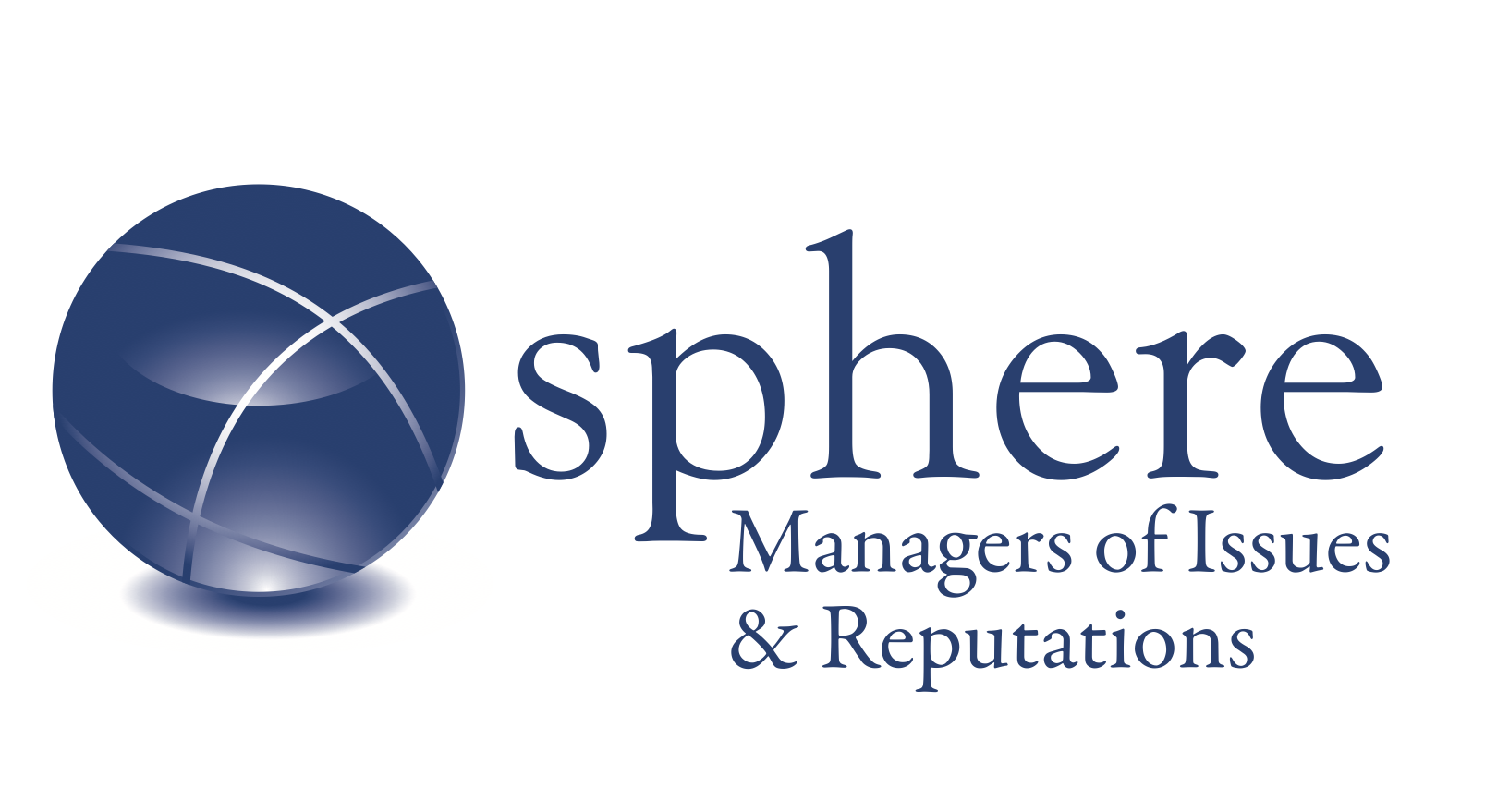26 Dec
2016
Trump’s Cabinet Picks, A Fourth-Quarter Cooling, and Population Shifts Across the U.S. –
- All is quiet on the Potomac this week, with Members of Congress back home in their districts, President Obama in Hawaii and the members of the Supreme Court off until January 6. Think tanks and trade associations have emptied out as well, and with Christmas and New Year’s Day falling on Sundays this year, little will happen in the capital until at least January 3. TenCount never sleeps, however, so here is your weekly look at events that have fueled speculation about the transition and the coming Trump Administration.
- President-Elect Donald Trump’s picks for his cabinet and close advisers continue to give encouragement to stock market investors and the business sector generally. By naming Carl Icahn as an adviser on business regulation last week, Trump signaled that regulatory agencies will be under intense scrutiny to justify any new rules – and to defend old ones. Other Wall Street veterans nominated for the new administration, including for the Treasury Secretary’s post – imply that financial firms will be in for an easier time come January 20.
- That doesn’t mean, however, that dreams of repealing Dodd-Frank will come to fruition. The law is already well entrenched enough that even some financial firms have signaled that they aren’t necessarily eager to undergo another round of huge changes in their compliance regimes. Regulatory efforts in the energy sector are likely to ease, with the appointment of Oklahoma Attorney General Scott Pruitt to head the EPA. And the prospect of an increase in the minimum wage dimmed with the nomination of Andy Pudzer, a fast-food chain executive, as Labor Secretary.
- The rapid growth of the third quarter – when the economy spurted upward at a 3.5 percent annual rate – appears to have cooled in the fourth quarter. Income growth, consumer spending and inflation all weakened in December, leading analysts to expect that the economy has expanded at about a 1.7 percent annual rate in the final three months of the year. Unless consumer spending got an unexpected boost ahead of the holidays, expect GDP growth to fall to about half the third quarter’s pace.
- Mortgage rates have climbed to their highest levels in more than two years, perhaps signaling an end to a period of historically low rates. While the increase, to 4.3 percent from a little under 4 percent a year ago, hardly represents a meltdown in housing prospects, it is significant in that it comes as housing prices continue to rise – prices and interest rates generally tend to move in opposite directions. The higher rates are likely to slow refinancing activity as well.
- The Dow Jones Industrial Average is up 8.7 percent since Election Day, and although the Dow stopped short in its assault on the 20,000 level last week, the run reflects enormous optimism about the prospects for corporate profits under a Trump Administration. Maybe too much optimism, in fact; corporate borrowing costs are going to be higher following the Federal Reserve’s most recent rate increase and a signal that up to three more hikes could come in 2017.
- According to the Census Bureau, population growth in the United States last year was the lowest in any year since the Great Depression. That holds big implications for the employment picture, but more important for Washington watchers are some significant shifts in population among the states. Projecting the recent shifts onto the 2020 Census, The Washington Post quotes a Brookings expert that if the trends hold, Texas would gain three electoral votes, Florida would gain two and Arizona, Colorado, North Carolina and Oregon would gain one apiece. Losing an electoral vote would be Alabama, Illinois, Michigan, Minnesota, Ohio, Pennsylvania, Rhode Island and West Virginia.
- How can lobbyists gain inroads into the Trump Administration? While certainly the administration looks like it will be warming toward corporate interests, Candidate Trump’s pledge to “drain the swamp” has many fearing a continued freeze-out of influence peddlers. Politico asked some veteran Republican lobbyists to game out how things look. Their conclusions: stature, particularly CEO status, is among the most influential measures.
- Donald Trump appears to be moving toward addressing some of the potential conflicts of interest he is facing, disbanding his personal foundation, settling a labor dispute and pulling back from some international business deals, The New York Times reported over the weekend. Without a release of his tax returns, it remains impossible to know where all the potential conflicts lie, but the steps indicate an increasing awareness of how conflicts could distract from his work as president.
- The Supreme Court last week agreed to hear a case that challenges the ability of plaintiffs in patent-infringement cases – often referred to as patent trolls – to shop for the most-desired venues in which to bring their lawsuits. A favorable ruling would be an important victory for technology companies, which currently face many of their lawsuits in the Eastern District of Texas, notoriously friendly to patent-infringement plaintiffs.
